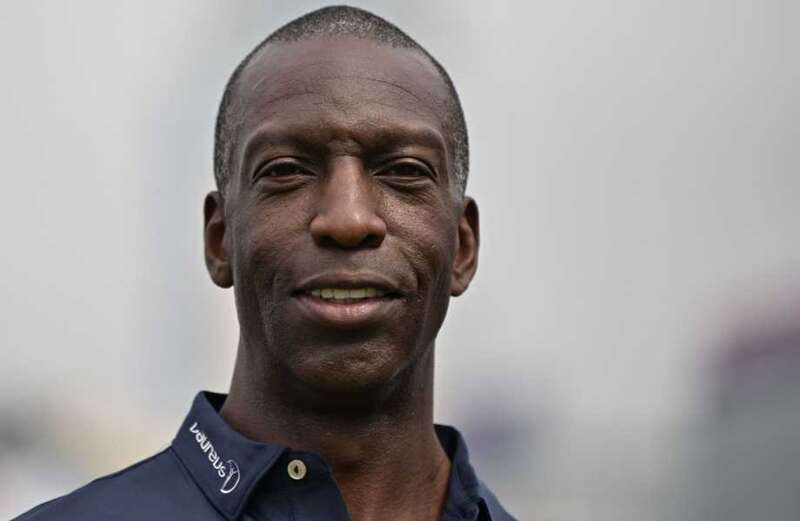MICHAEL Johnson is an Olympic sprinter who has won four Olympic gold medals.
Recently he has suffered a health scare if you'd like to read more about it then you can find out here.

What happened to Michael Johnson?
Two weeks before his 51st birthday, Michael had a strength and cardio session at his home gym in Malibu, California.
However, he soon realised something was wrong.
According to Olympics.com, Michael said: "After that workout I began experiencing a very strange sensation.
 Are there illegal baby names? Surprising monikers that are BANNED in other countries, from Sarah to Thomas
Are there illegal baby names? Surprising monikers that are BANNED in other countries, from Sarah to Thomas
"I had a weakness in my left leg and a lack of co-ordination and also a tingling and a numbness in my left arm.
"I made the decision to go to the emergency room and not because I was experiencing any discomfort or pain or even knew that I was having a stroke but just out of caution."
Michael had a brain scan which came out clear but his coordination and strength continued to deteriorate rapidly.
He fell asleep inside the MRI chamber but couldn't get up as his whole left side was limp and numb.
What type of stroke did Michael Johnson have?
Michael had suffered a Transient Ischaemic Attack, which is commonly known as a mini-stroke.
It's caused by a blood clot in a brain artery.
Luckily, this wasn't a haemorrhagic, a more serious form of stroke that involves on a bleed on the brain.
Michael's scan revealed his clot was gone but it had left several ruptured blood vessels on the right side of his brain which had left to the issues he experienced with the left side of his body.
After he was diagnosed, the doctors gave him 48 hours rest before he began rehab.
Michael grew fearful that he might not ever walk again and he was angry at what had happened to him.
 All about Rachel Nickell who was murdered in front of her son Alex Hanscombe
All about Rachel Nickell who was murdered in front of her son Alex Hanscombe
How is Michael Johnson doing?
The Olympic sprinter has stated that, apart from some numbness on his left side in his hand, left pinky finger and the bottom of his foot, he is back to where he was before his stroke.
"I'm back to all of my previous activities.
"I've always been a very active person participating in lots of physical activity and being very physically active and I'm back there running on the track a few miles a day a couple of days a week."
Michael is now working with the American Stroke Association to raise awareness about preventing strokes and recognising the warning signs when they occur.
The acronym associated with reacting to a stroke is F.A.S.T.
The acronym means:
- Face drooping
- Arm weakness
- Speech difficulty
- Time to call emergency number
A stroke is the second biggest cause of death across the world behind coronary heart disease.
High blood pressure is a huge risk factor for a stroke as well as eating unhealthy foods containing high cholesterol, smoking, taking drugs, excessive alcohol consumption and a lack of exercise.
